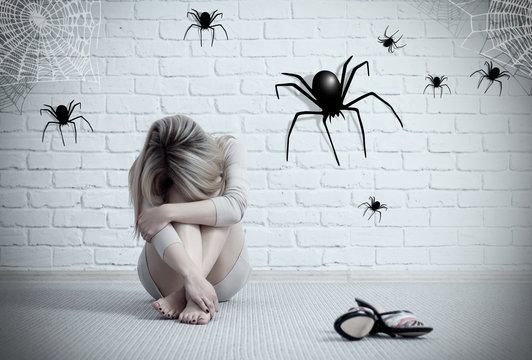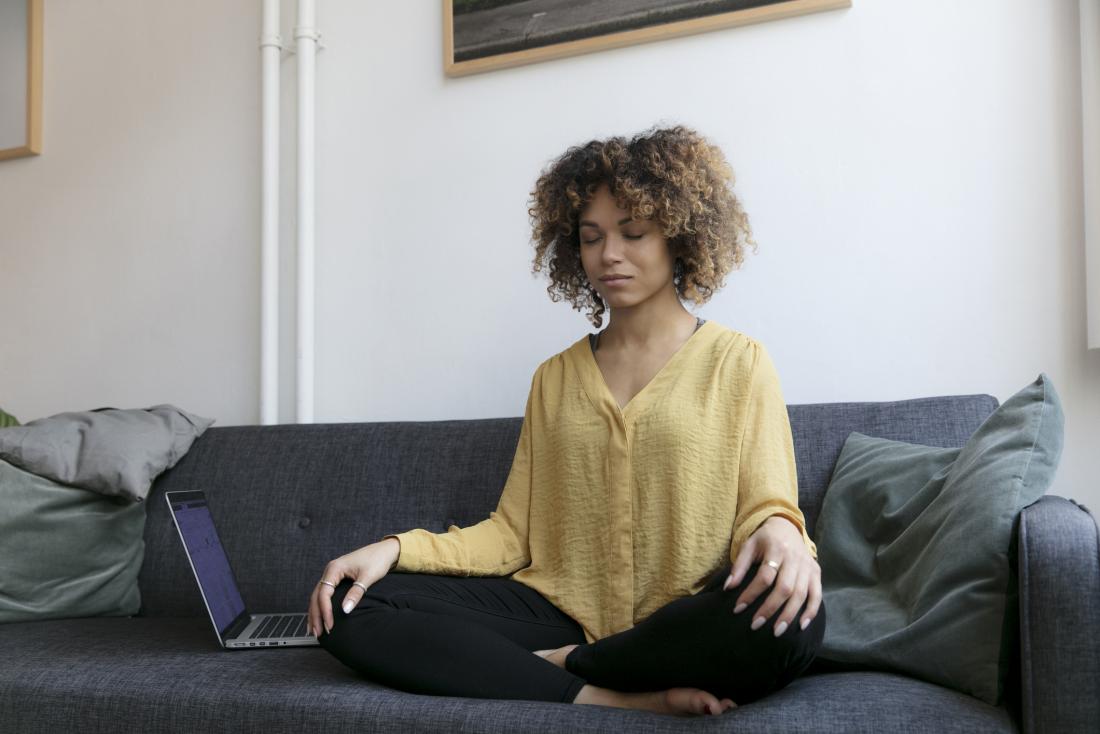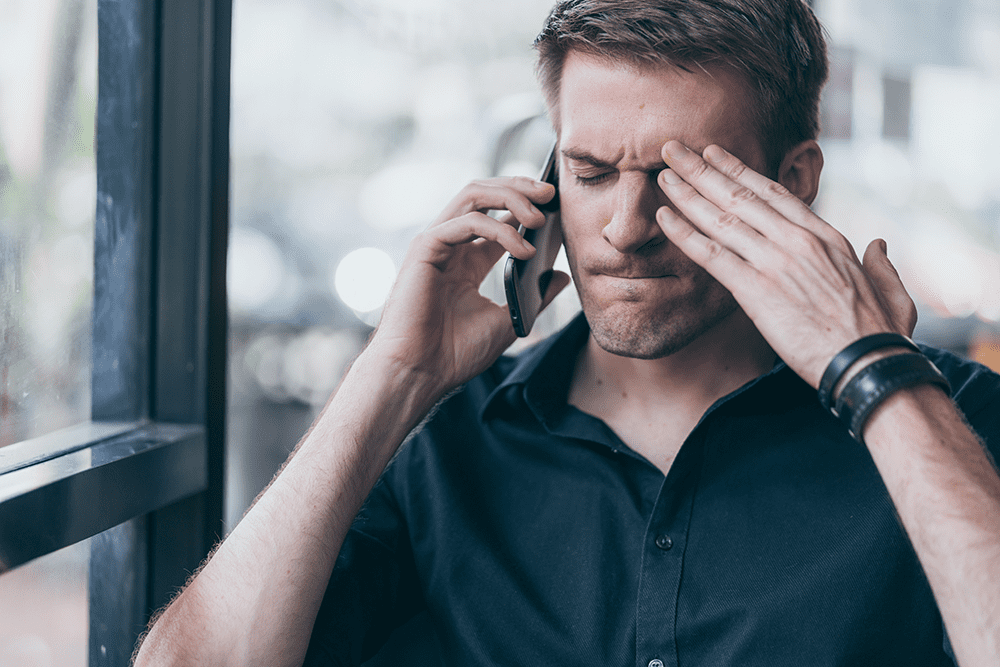What are specific phobias?
Specific phobias are a common type of anxiety disorder. It is the experience of intense fear or anxiety, beyond the usual reaction, in anticipation of or exposure to an object or situation.
There are five common groups of specific phobias:
- Animal (e.g., spiders, insects, dogs, snakes)
- Natural environment (e.g., heights, storms, water, bridges)
- Blood-injection-injury (e.g., needles, invasive medical procedures)
- Situational (e.g., airplanes, elevators, enclosed places)
- Other (e.g., choking, vomiting)
What are the symptoms of specific phobias?
People who experience specific phobias may experience a variety of symptoms which may include some or all of the following:
- Experiencing immediate fear when reminded of or in contact with the feared object or situation
- Avoiding the feared object or situation
- Enduring the feared object or situation with intense fear or anxiety
- Feeling the need to escape the feared object or situation
- Experiencing physical symptoms in anticipation of or during exposure to the feared object or situation which may include:
- Increased heart rate
- Increased breathing rate
- Sweating
- Dizziness
- Muscle tension
When is it time to get help?
Having fears is a common and normal part of life. However, when these fears are intense, start to interfere with everyday functioning (e.g., work, school, relationships), and cause increased disruptions and impairments in your daily life activities (e.g., avoidance), it may be time to seek professional help. The fear is characterized as a phobia if you have been experiencing the symptoms persistently, typically for 6 months or more.
How can CBT help treat specific phobias?
Cognitive Behavioural Therapy (CBT) is an evidence-based practice that is widely used in the treatment of anxiety disorders, including specific phobias. CBT helps to change behaviours (i.e., avoidance) and thoughts (i.e., overestimating the probability of a negative event happening, catastrophizing/thinking the worst, underestimating the ability to cope) that contribute to and perpetuate the fear towards the object or situation.
Key components of CBT for specific phobias include:
- Psychoeducation about anxiety and panic
- Cognitive Restructuring – identifying problematic or irrational thinking patterns and replacing anxiety inducing thoughts with more realistic interpretations and predictions
- Exposure Therapy
- Building a fear hierarchy of feared stimuli related to the feared object or situation
- Gradually exposing individuals to the feared object or situation to assist in understanding that their worst-case fears are unlikely
- Additional Components
- Mindfulness Based Meditation
- Relaxation Breathing Exercises
How can the team at Oakville Centre for Cognitive Therapy help?
At Oakville Centre for Cognitive Therapy (OCCT), we have a number of highly skilled and experienced clinicians who can provide assistance to those who may be experiencing difficulties due to specific phobias. Our psychologists complete an initial assessment of the presenting difficulties and develop an evidence-based treatment plan to help the client achieve their goals.
To arrange an appointment, please contact us at 905-338-1397 or email us via the Contact Us page of our website.
*Information on this page is obtained from:
American Psychiatric Association. (2022). Diagnostic and statistical manual of mental disorders (5th ed., text rev.).


